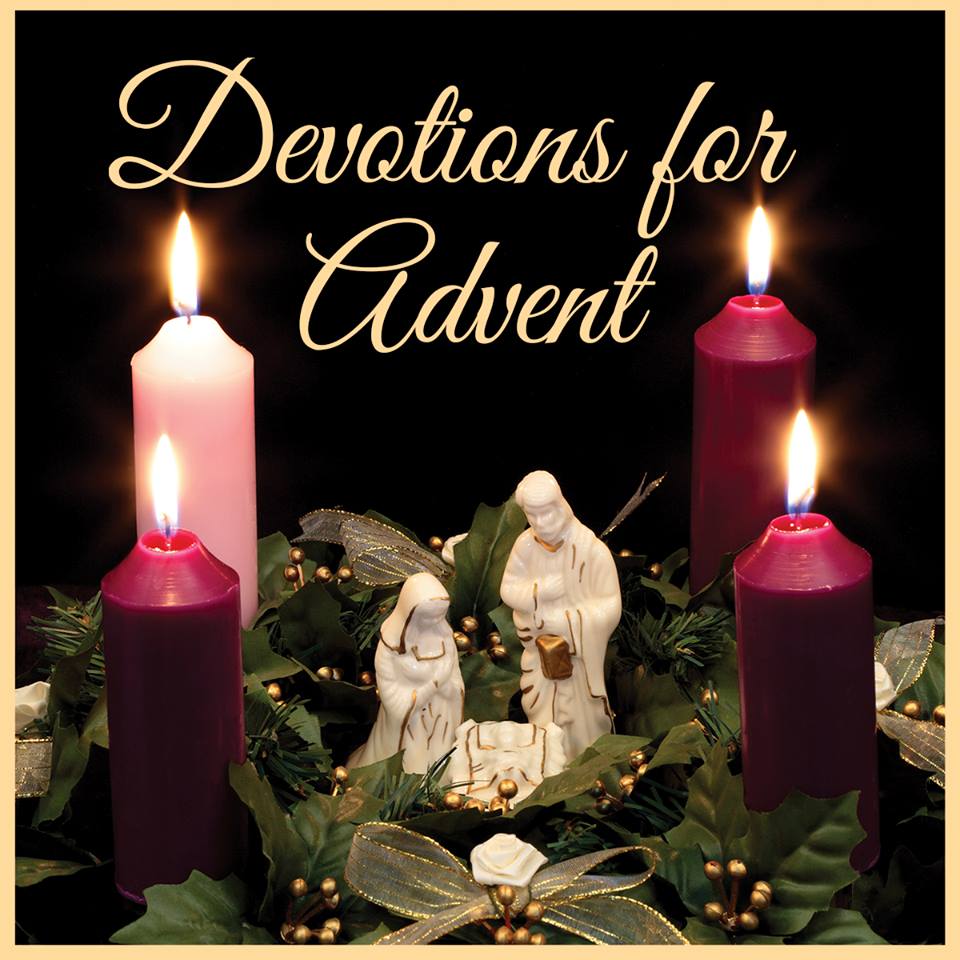
O come, Thou Wisdom from on high,
Who ord’rest all things mightily;
To us the path of knowledge show,
And teach us in her ways to go.
(LSB 357 st. 2)
For Jews demand signs and Greeks seek wisdom, but we preach Christ crucified, a stumbling block to Jews and folly to Gentiles.
(1 Corinthians 1:22-23)
The season of Advent invites us to marvel at the mystery of the incarnation, that God became man and was born in a little town called Bethlehem. Our hymn stanza draws us into contemplation by addressing Jesus as “Thou Wisdom from on high, Who ord’rest all things mightily.” There in the lap of the Virgin Mary is the Wisdom of God who “upholds the universe by the word of his power” (Heb. 1:3). In His Wisdom, God came to rescue us from our bondage to sin and death, not with might and power but in the weakness of human flesh and blood.
To the eyes of a world that worships power, this appears to be folly. The Greeks wanted to transcend their bodies and enter a spiritual realm through their wisdom, but in Jesus God took on a body. The Jews wanted a glorious general who would perform mighty signs and drive out the Romans. Jesus gave them a crucifixion. Yet “the foolishness of God is wiser than men, and the weakness of God is stronger than men” (1 Cor. 1:25). We see in the Christ’s crucifixion the power and wisdom of God because by His precious blood our sins are forgiven, and we receive life everlasting.
Let us pray: O Wisdom, proceeding from the mouth of the Most High, pervading and permeating all creation, mightily ordering all things: come and teach us the way of prudence. Amen.
(Hayden Folks, Sem IV)
